
Mind Moments®, a podcast from NeurologyLive®, brings you an exclusive interview with Daniel Ontaneda, MD, PhD. [LISTEN TIME: 27 minutes]

Mind Moments®, a podcast from NeurologyLive®, brings you an exclusive interview with Daniel Ontaneda, MD, PhD. [LISTEN TIME: 27 minutes]
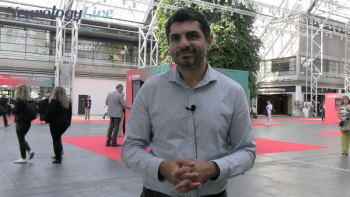
The neurologist at the University Hospital Center of Nice discussed whether radiologically isolated syndrome represents a pre-symptomatic phase of multiple sclerosis based on a hot topic session held at the 2024 ECTRIMS Congress. [WATCH TIME: 4 minutes]
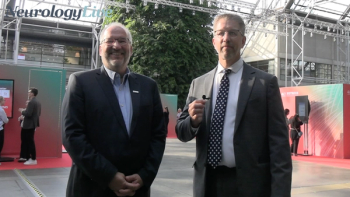
A duo of experts talked about a positive phase 2 trial of vidofludimus calcium, demonstrating reductions in serum neurofilament light levels and potentially slowing brain atrophy in patients with progressive multiple sclerosis. [WATCH TIME: 4 minutes]
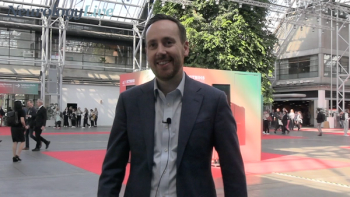
The consultant neurologist at Queen's Square MS Center in London gave his clinical viewpoint on the newest revision of the McDonald criteria for diagnosing patients with multiple sclerosis. [WATCH TIME: 3 minutes]
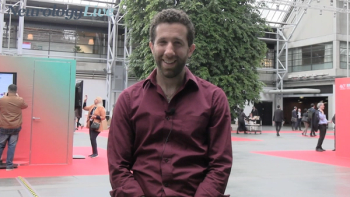
The postdoctoral researcher at Amsterdam University Medical Center talked about the DAAE score 2.0 which offers an improved, validated clinical tool to predict the risk of transitioning to secondary progressive multiple sclerosis. [WATCH TIME: 5 minutes]

The consultant neurologist at Queen's Square MS Center in London discussed the shift in the updates to the McDonald criteria for multiple sclerosis presented at ECTRIMS 2024.
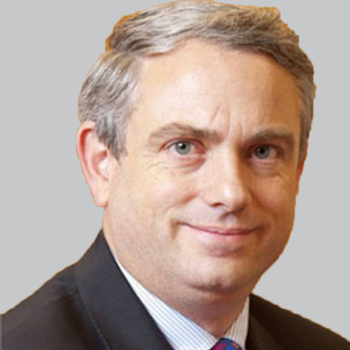
Recruitment for the OCTOPUS trial, which explores alpha-lipoic acid and metformin in progressive multiple sclerosis (MS), is progressing well with nearly half of participants in stage 1 already randomized.
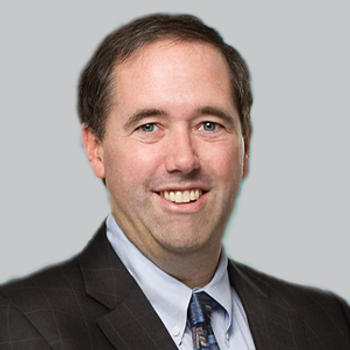
In the ULTIMATE study subgroup, ublituximab consistently lowered disease activity in MS patients, suggesting the MSDA test may effectively assess therapeutic efficacy.

A new study presented at ECTRIMS 2024 revealed that 80% of patients with relapsing multiple sclerosis had an estimated no evidence of disease activity rate at both 3 and 4 years when discontinuing cladribine tablets.

Results showed that the immune response observed in patients with multiple sclerosis was specifically modified by treatments interfering with Epstein-Barr virus hosts cells or activated lymphocytes.

In the original phase 3 studies, treatment with ozanimod resulted in significant reductions in clinical relapses and lesion counts on MRI as well as slowed brain volume loss relative to intramuscular interferon-β-1a.

Towards the end of ofatumumab dosing, administered monthly via subcutaneous injection, patients noted issues like fatigue, cognitive impairment, and gait difficulties.

A phase 3 trial revealed that simvastatin, while safe, did not significantly slow disability progression in patients with non-active secondary progressive MS.

In a phase 3 study, tolebrutinib demonstrated a statistically significant delay in time to onset of confirmed disability progression in patients living with non-relapsing secondary progressive multiple sclerosis.

The randomized phase 3 trial will test the hypothesis that the initiation of azathioprine after a first attack of MOGAD could prevent further relapse and disability accrual.
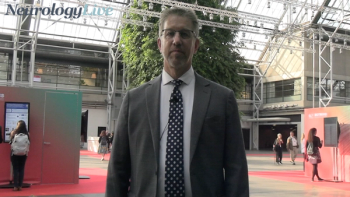
The staff neurologist at the Mellen Center for Multiple Sclerosis at Cleveland Clinic talked about a promising therapy that slows the progression of disability in non-relapsing secondary progressive multiple sclerosis. [WATCH TIME: 2 minutes]

The positive finding on the secondary end point of 6-month confirmed disability worsening supports the data from the phase 3 HERCULES trial in secondary progressive multiple sclerosis.
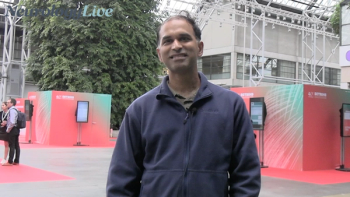
The associate professor of neurology at Harvard Medical School discussed a study presented at ECTRIMS 2024 that compared the effectiveness and safety profiles of FDA-approved NMOSD therapies with other commonly used treatments. [WATCH TIME: 4 minutes]
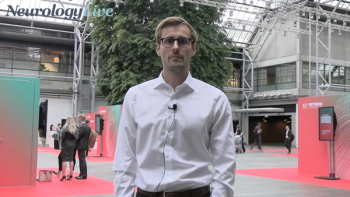
The neurology resident at the University Hospital Frankfurt in Germany talked about a study presented at ECTRIMS 2024 that analyzed time delays in initiating high-efficacy treatments in patients with multiple sclerosis. [WATCH TIME: 4 minutes]
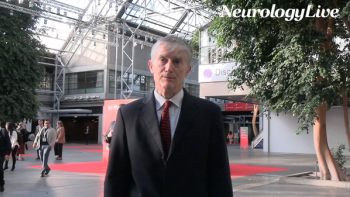
The codirector of the Precision Medicine MS Center at Johns Hopkins University discussed the new updates to the MS diagnostic criteria presented at the 40th ECTRIMS Congress in Copenhagen. [WATCH TIME: 5 minutes]
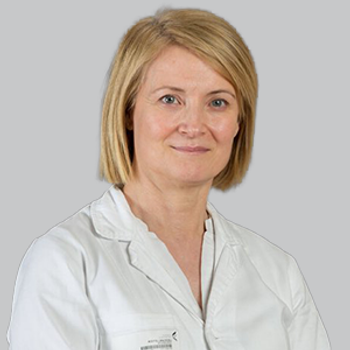
Data from the MAGNIFY-MS study suggest that low 24-month PIRA rates across age groups and among those with or without treatment experience.

The data showed only a small number of infusion-related reactions among patients with MS transitioning from other disease-modifying therapies.
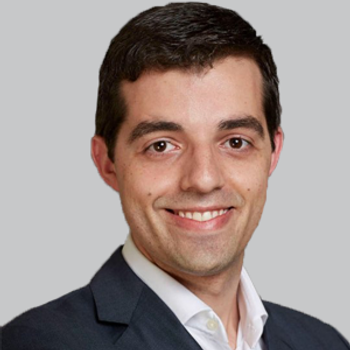
The 2-year study highlighted the potential of cladribine to promote remyelination in highly active relapsing-remitting MS, particularly when early disease control is achieved.
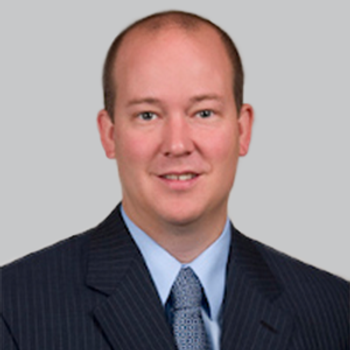
A large-scale study presented at ECTRIMS 2024, conducted by the Alliance for Research in Hispanic MS Consortium, identified ancestry-specific genetic factors that influence the risk of developing multiple sclerosis.
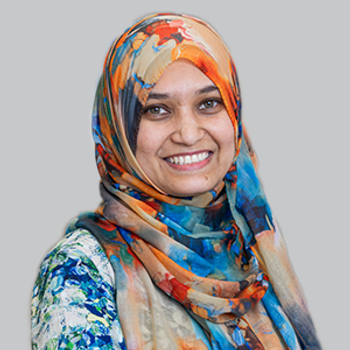
Based on findings from the study, investigators stressed the need for better streamlined access to high-efficacy therapies for pediatric patients with onset multiple sclerosis.
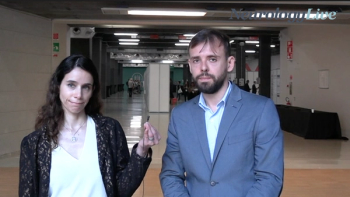
The neuroimmunologist at Clínica Alemana de Santiago and head of the University Center for Multiple Sclerosis at Ramos Mejía Hospital discussed Latin American efforts to understand neuromyelitis optica spectrum disorder during the COVID-19 pandemic. [WATCH TIME: 5 minutes]
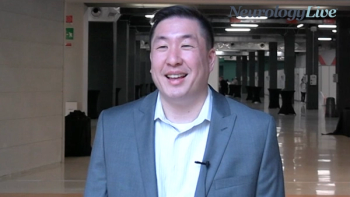
The associate professor of clinical neurology at University of California, Irvine School of Medicine talked about addressing the critical unmet needs in disability progression among patients with multiple sclerosis. [WATCH TIME: 3 minutes]
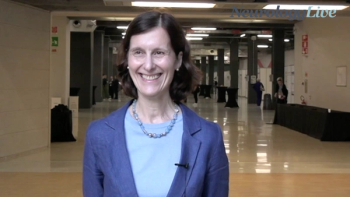
The associate professor in the department of neurology and neurosurgery at McGill University discussed results from a study on the long-term use of continuous positive airway pressure treatment among patients with multiple sclerosis and sleep apnea presented at MSMilan 2023. [WATCH TIME: 5 minutes]
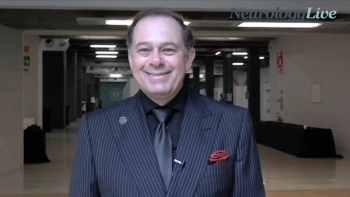
The clinical research director of the UCSF Multiple Sclerosis Center talked about challenges in accessibility for the 3 approved therapies for NMOSD caused by third-party payor resistance as well as the importance of educating clinicians about the effectiveness of inebilizumab. [WATCH TIME: 3 minutes]
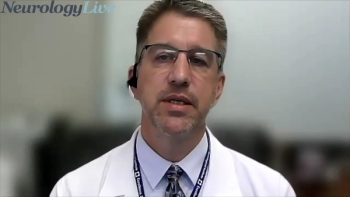
The vice-chair for research at Cleveland Clinic’s Neurological Institute discussed the way therapies are currently assessed for progressive MS and the need for disease-specific biomarkers. [WATCH TIME: 3 minutes]